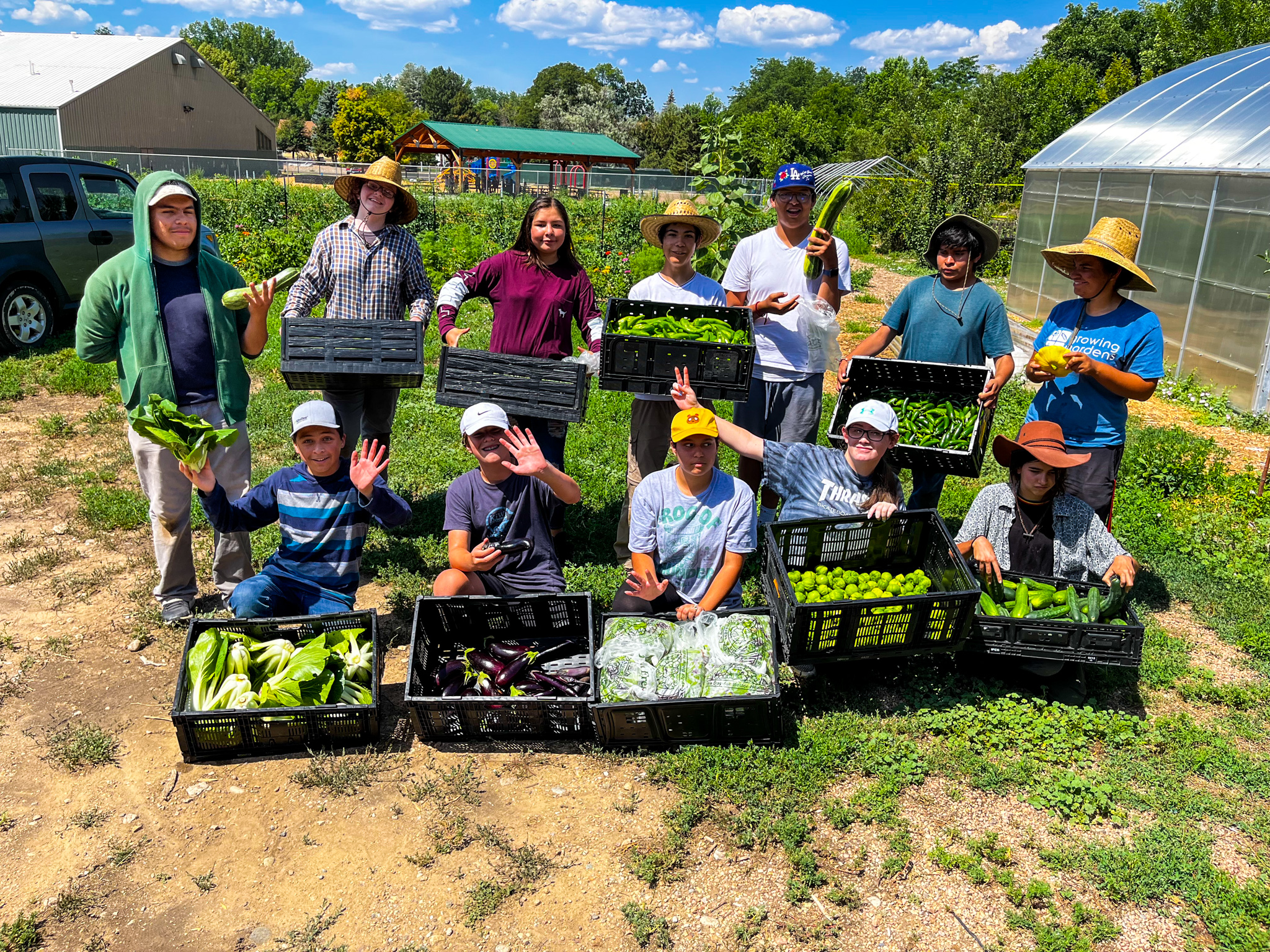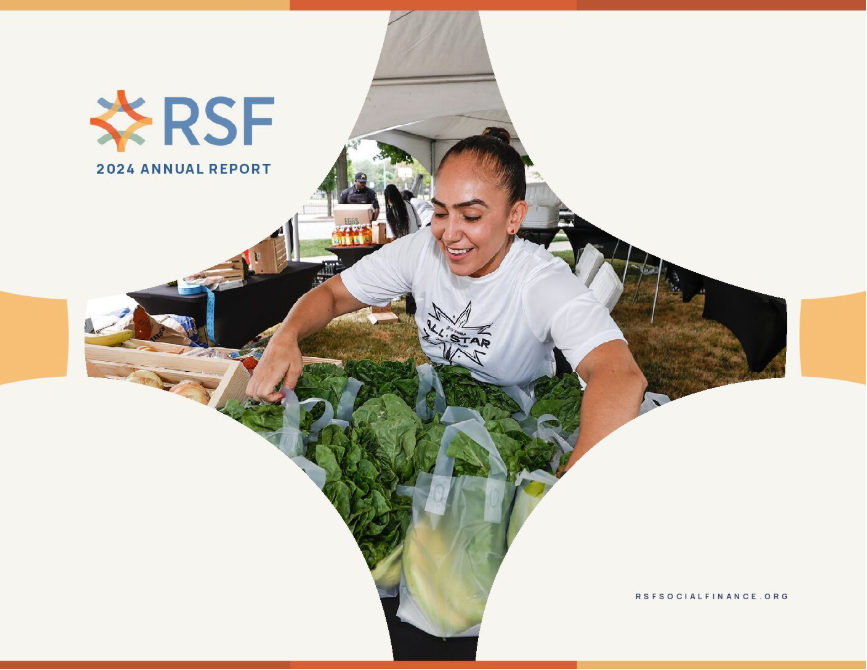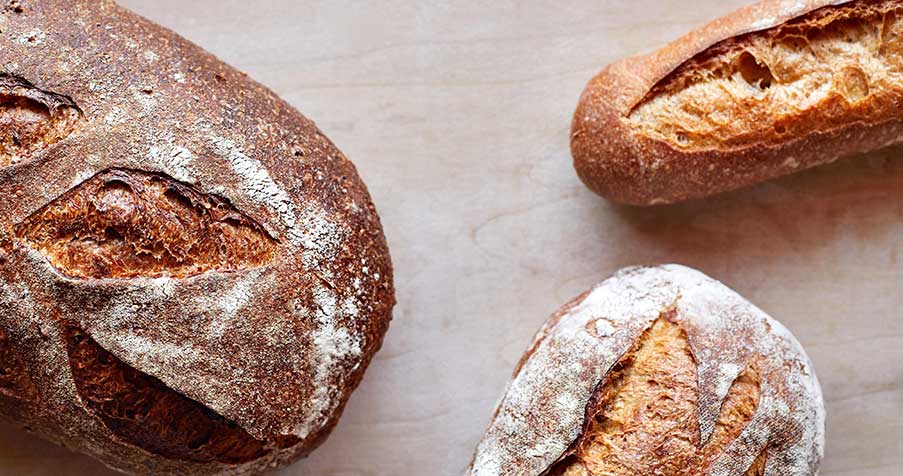
Over a hundred years ago, grain mills were a common sight in the American landscape. Farmers brought their wheat, oats, rye and other grains to them after harvest. Millers turned the farmers’ grain into flours and ground meal that sustained their community throughout the year.
Now most of those roughly 23,000 mills have gone the way of the Model T: only 183 remain, according to the U.S. Department of Agriculture. Four conglomerates mill 80 percent of U.S.-grown flour, and farmers ship their grain long distances to be traded as a commodity. Grains are also processed to the hilt, which removes most nutritional value. And they’re often contaminated with everything from glyphosate (Roundup) to neonicotinoid insecticides, which have been linked to honeybee colony collapse.
In this environment, Cairnspring Mills is a welcome throwback. The startup in Washington’s Skagit Valley is a reinvention of the local flour mill. It grinds “identity-preserved” wheat, meaning that each varietal is chosen for a particular use and stewarded from the farm to flour to preserve its integrity and purity. And Cairnspring, which has created a hub where farmers, bakers, and researchers converge, is helping to revitalize the local farm economy.
“Cairnspring is building a much-needed piece of infrastructure for the food system in the Pacific Northwest,” says Meredith Storton, senior associate, RSF social enterprise lending. “And by returning more value to farmers, they’re making grain a much more viable crop.”
From midlife crisis to rebuilding the local food system
The mill grew out of a modern tradition: the midlife crisis. Kevin Morse, now Cairnspring Mills’ CEO, had just turned 50 and, after a long career as a Nature Conservancy program director and economic development executive, he felt unsettled. He wanted to create a larger impact.
“It dawned on me that so many of the things I cared about and was trying to fix—from community to sustainable farming to taking care of the planet—were affected by the centralized industrial food system,” says Morse. “I decided to try to help rebuild local food systems.”
He decided to concentrate on wheat because of its prominence in the American diet and economy. And, as director of the Nature Conservancy’s Puget Sound Working Lands Program, he’d seen what wheat could do for preventing erosion and restoring the soil. He left the Conservancy in April 2015, co-founding Cairnspring Mills with Tom Hunton, owner of Oregon’s Camas Country Mill, one of the few regional mills in the country.
Morse and Hunton decided Camas would specialize in stone-ground wheat, and Cairnspring—which would be able to handle larger volumes—would specialize in European-style bread flours. They could not find American equipment that worked for small-scale milling, so a Danish company sourced the equipment and helped assemble it on-site. Cairnspring Mills opened its doors in June 2017.
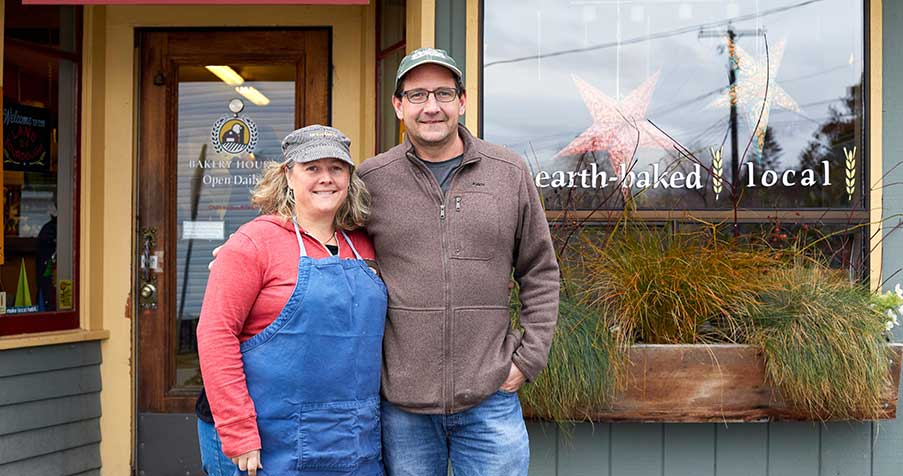
Serving farmers, bakers, and researchers, too
In the agriculturally rich Skagit Valley, farmers have grown wheat for years as a rotation crop to restore the soil. They rarely made money, because they are stuck in a commodity system that usually offers prices that do not allow a profit, plus they had to pay to ship to commodity outlets in Portland.
Cairnspring changed that. Farmers no longer have to ship their wheat to a distant processor, and Morse pays them an average of $2 a bushel above market rates. Cairnspring also works with The Bread Lab at nearby Washington State University to develop grains well suited to the valley’s growing conditions.
“It’s been like an old-fashioned barn-raising,” says Morse. “Everyone, from the local farmers, the Port of Skagit, the Bread Lab and local bakers, have helped build it along with us.”
The mill, which is certified organic, now has five employees; they work with 12 local farms that collectively grow 1,400 acres of wheat, with strains prized for their baking attributes, including Edison hard white spring wheat and Yecora Rojo. Morse holds farmers to high standards: those that are not organic must practice “responsible conventional” growing, which includes avoiding glyphosates and neonicotinoids.
Cairnspring mills grain in just four steps, compared with nearly 60 in corporate processes. The result is flours so flavorful that demand from West Coast bakers—including those at San Francisco’s Tartine, The Breadfarm in Edison, Oregon and Grand Central Bakery in Seattle and Portland—keeps business brisk.
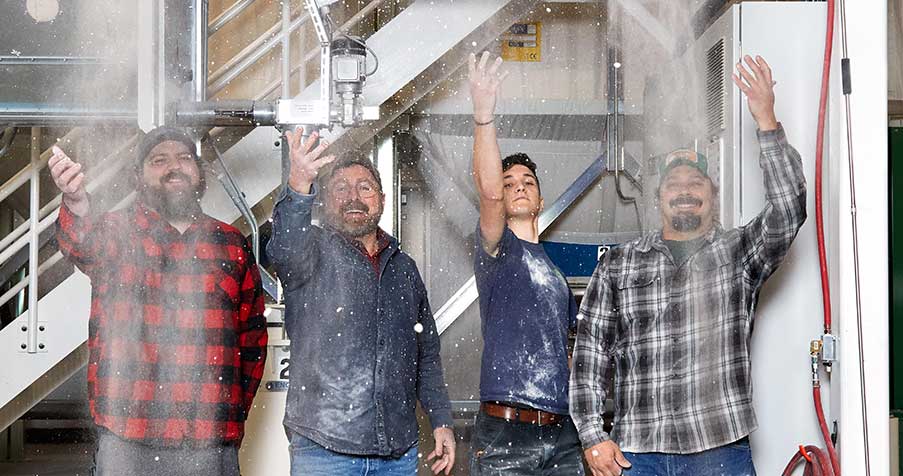
A new model melds the past with the present
Reinventing the flour mill has had its challenges. “We had to create a whole new business model because there wasn’t a lot we could replicate,” says Morse. This included the logistics of buying, handling, and storing grain on a much smaller scale than industrial flour companies. It also required dealing with a regulatory environment unfamiliar with small-scale milling. For example, simply securing a certificate of occupancy so they could move into the building took nine months.
Having the cash needed to pay farmers top dollar for their wheat was a serious issue. Cairnspring pays farmers for their harvest every November or December. “Then I just sit on the inventory as I mill it and sell it,” says Morse. “We make our profit over the next year.”
Morse needed a line-of-credit, but traditional agricultural lenders weren’t an option because the mill didn’t have a positive cash flow yet. So last summer, he turned to RSF, which many people had recommended because the values of the two organizations were aligned.
The perfect match: RSF Food System Transformation Fund
Cairnspring was an excellent match for RSF’s Food System Transformation Fund. “The capital for the fund comes from foundations and individual investors who are interested in rebuilding regional food systems, and they understand the inherent risks,” says Storton. “The fund’s structure and capital source allow us to support earlier-stage businesses with important missions and challenging business models. We wanted to support Cairnspring because we see them as a very necessary component of the food system.”
To meet Cairnspring’s need, RSF used the mill’s purchased grain as the primary collateral. When that value came up short, RSF added $50,000 guarantee from its Local Food Capital Collaborative, a philanthropic fund created to provide flexible capital. With the guarantee in place, RSF provided Cairnspring with a $300,000 line-of-credit.
Stability provides freedom to widen impact
Thanks to RSF’s support, Cairnspring Mills was able to pay its farmers in a timely fashion, and Morse has not had to sell more equity in the company (as he has done in the past) in order to stay in business. The stability RSF has provided also means that Morse can pursue his vision of opening more regional mills. He’s developing a business strategy, and looking at communities in California, Arizona, and Colorado for locations to build two more mills by 2020.
For Morse and the team behind Cairnspring, adding new mills is a way to create broad-scale impact. “We think there is a tremendous opportunity to grow and expand to other regions,” he says, “and continue to revitalize and sustain our local farm economies.”
